Community: The Secret to Stopping Deforestation in Guatemala
The forest concessions of the Maya Biosphere Reserve have boasted a near-zero deforestation rate for 20 years.
Home / Regions / Mesoamerica / Page 7
A full third of Mesoamerica is covered in lush forest, which serves as home to scores of Indigenous and local communities, iconic wildlife, archeological wonders, and abundant biodiversity. While agriculture is the backbone of the region’s economy, it also drives deforestation and climate change.
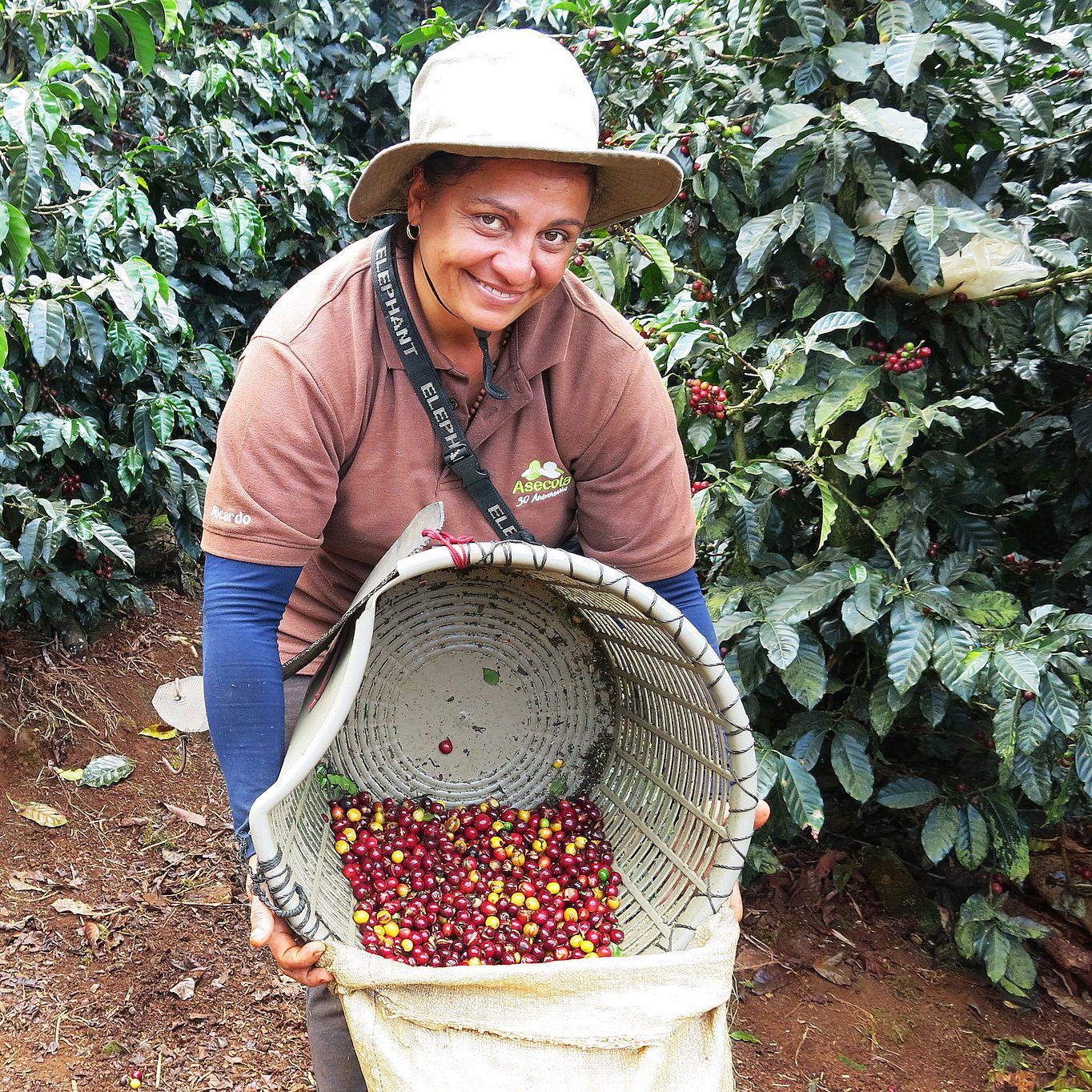
Prolonged droughts and frequent hurricanes are making it harder for farmers in Mesoamerica to make a living. A lack of access to international buyers and government support compounds the problem, leading some farmers to cut down forests for more cropland, while others migrate elsewhere in search of better opportunities.
Our community forestry work in the Selva Maya is recognized around the world as a stunning success for people and nature. We also work with certified farmers on producing crops like coffee, cocoa, and fruits sustainably.
Through our certification program, we work to improve the sustainability of 61,443 smallholder farmers, 233 farm groups, and almost 3,000 large farms across 700,000 thousand hectares. Almost half a million workers benefit from these efforts.
Data through 2023.
We worked with community forestry businesses to improve their conservation practices while achieving US$53 million in sales of forest products from 2013 to 2023. As a result, the communities conserved one million hectares of forest.
We always start by listening. We work with farmers and forest communities to develop solutions to their specific challenges—which range from a lack of investment and business skills to poor soils and droughts. Our agricultural certification program supports farmers and workers, while our forest work helps both forests and communities thrive.
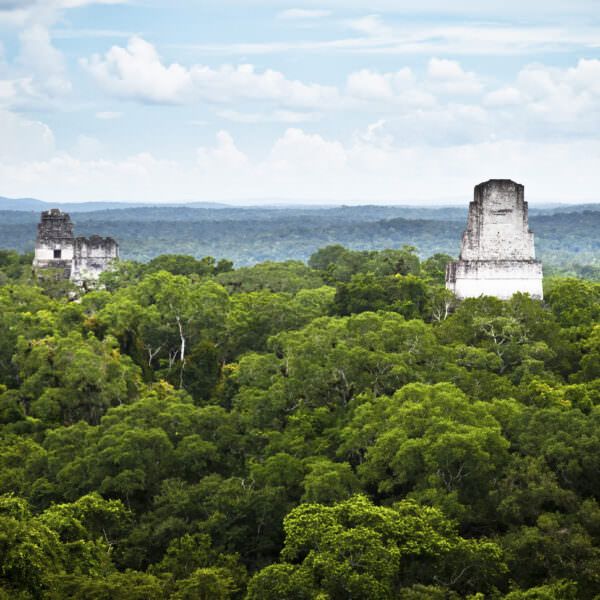
The forest concessions of the Maya Biosphere Reserve have boasted a near-zero deforestation rate for 20 years.

We worked with eight indigenous coffee-farming communities in Chiapas to build skills in fire prevention, business skills, and health and nutrition.
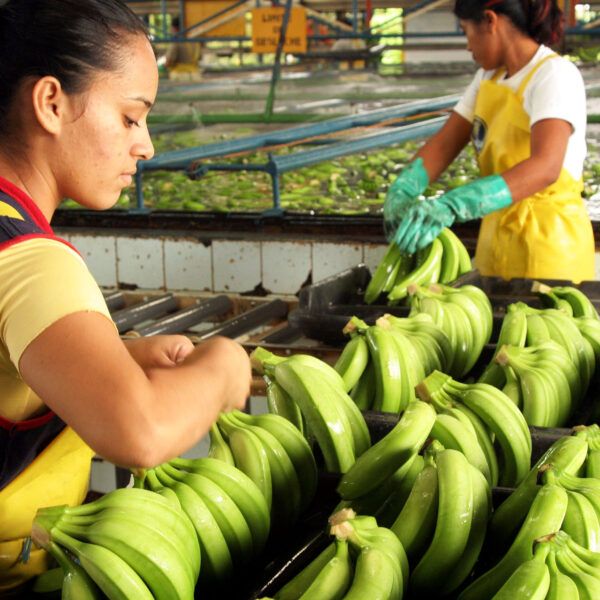
Rich biodiversity? Check. Well-treated workers? Check. Prepared for climate events? Check. Costa Rica's banana industry has a long history of worker abuse and environmental destruction—but these certified farms are proving there's a better way.
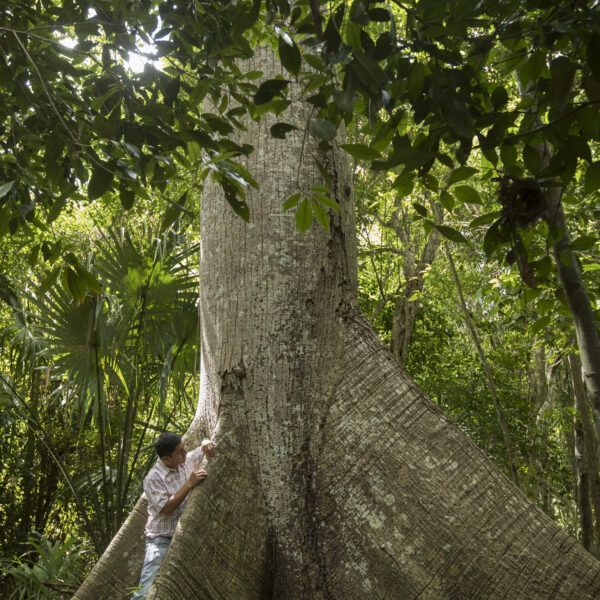
We are working to grow Mexico’s domestic market for sustainably produced products.

The Rainforest Alliance has been working since 2016 with youth and community partners in Calakmul, Mexico to prepare young people for a meaningful and financially viable future within their communities. The ability of youth to access employment and education in their communities is crucial to combating out-migration and ensuring the continuation of sustainable farming and […]
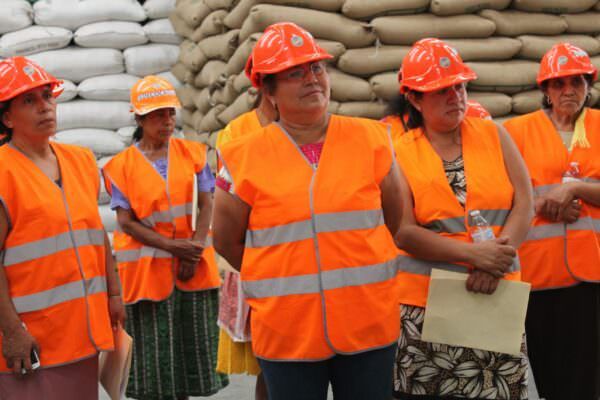
After two years, ‘Project Guatemala’ helped create a better future for Guatemalan women coffee farmers by focusing on gender inclusiveness and women’s empowerment to set an example for the industry. ... Continue Reading
Glass talks to Nigel Sizer, Chief Global Alliances Officer of the Rainforest Alliance, about its work with Guatemala's rural communities, and why this is such a pivotal time for the future of a country emerging from conflict and political instability.
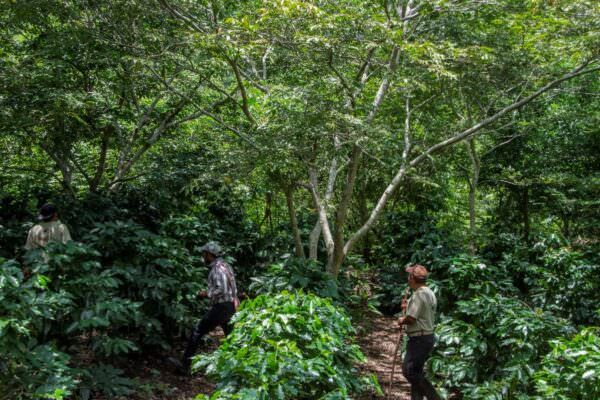
Landscale is a tool to help your company assess and communicate sustainability impact at landscape scale. A pilot with Olam International and the Rainforest Alliance in Mexico shows how companies can apply and benefit from Landscale’s framework for assessment, verification, and reporting.... Continue Reading

Esta guía educativa gratuita ayudara a sus estudiantes a explorar el manejo sostenible de los bosques y su papel en el desarrollo comunitario, usando los ecosistemas únicos de la Península Yucatán, México como ejemplo. Los materiales abordan los componentes principales para comprender el manejo sostenible de los bosques y la cadena de valor de productos […]
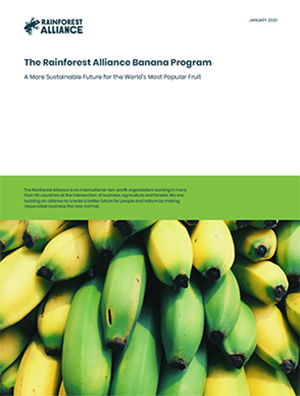
The Rainforest Alliance has made a significant contribution to a more sustainable banana sector in the last 30 years. This paper describes the Rainforest Alliance banana program and its positive impacts. It also touches on the sustainability issues that the organization needs to continue to address and how it envisions doing this. Bananas are at […]